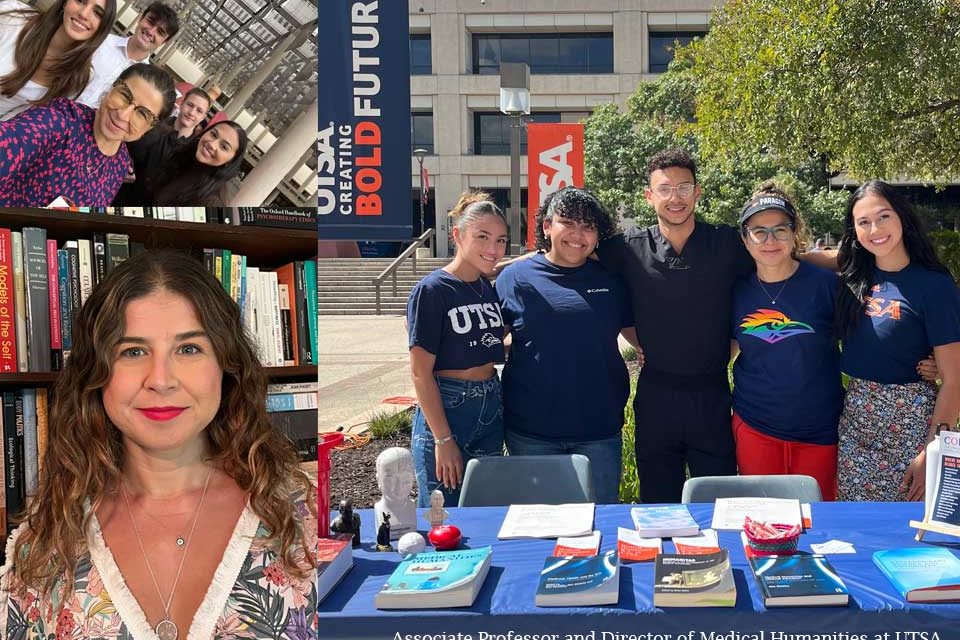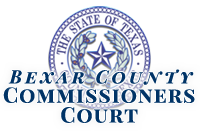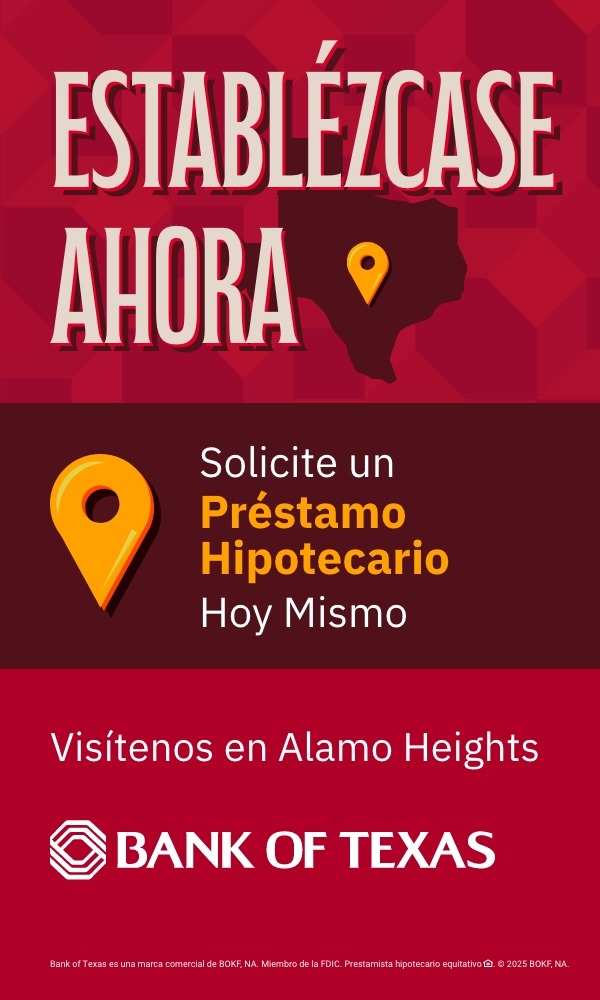There comes a time or moment that our connection with another human being is of the utmost importance and technology can’t help us, only good old-fashioned communication. Now whether it’s good or bad is dependent on our actions towards each other and other circumstances. But how do we make sure we communicate effectively, why does it matter, and why is a medical course important for everyone? And why do I need it?
In an interview with Professor Serif Tekin of UTSA, who is also the Associate Professor; Director of Medical Humanities, she explains that while it is important for students to take this class for medical studies there is much more to it than just academics. It’s the use of Philosophy to engage with science towards not only oneself but the mind and ethics. The aim is to educate students in healthcare professions on the experience of illness, health, and stability from a more humanistic perspective, to understand the human in their experience and avoid the pitfall of being distant, cold, or perceived as not understanding.
She describes her classroom and programs as engaging and useful for preparing students to become better healthcare providers while learning the history of medicine and about health today to compare with the past and to make better judgments. During her discussion, she talked about cancer and what does it really mean? And how do issues such as these affect the interplay of the dimensions of a person’s life? What about mental health, and homelessness? And why it’s crucial to understand the inner workings of the emotions attached to something like that for a human being. Philosophy is her passion and with Cognitive Science and training as a scientist in economics, she uses her education, training, and expertise for a different approach toward Humanities to help prepare students to become better thinkers and with more understanding on a deeper level.
The Professor’s classroom lectures and involvement help students to express their opinions and reasoning through interaction with one another providing building blocks that help teach about open-mindedness and the ease of navigating complex decisions. How to become better listeners and better involved with a patient, and or personal life. But it’s more interactive than that in her classroom she says, “we form a circle of involvement with one another and teach each other to be open-minded about each other’s opinions and biases.” Biases can be some of the building blocks, a sort of structure to help one express their views and teach others to be more understanding of differences, but it also has its downside too if used the wrong way.
Professor Serif Tekin and I (Adeymius) discussed Firefighting, and how using a philosophical approach with someone who just lost their home, these views, or doxastic approaches to connect with people go much deeper leaving a lasting imprint on you or anyone for that matter. The firefighter giving a hug to that person who just lost everything to a fire and consoling them and offering words of hope is all they can offer, there is nothing that can be done after the destruction has been made but to start over, for some, it’s not so easy. And this is where that deeper level of understanding comes into play, sometimes just being there for them and not saying anything but validating them and their issues is all that is needed.
She also described people who were close to her that are Doctors and Nurses that worked on the front lines in the hospitals during the pandemic and how she was unable to see them for several months. The overall experience as told by them to her was overwhelming, for example, a story of how staff used iPads to help families see their loved ones because they were unable to visit in person due to the pandemic. This lasting memory of that level of connection with other families and patients and the patients unable to see their loved ones are areas that need to be focused on, how we handle it, and the process for patients, ourselves, and other human beings.
The question arises though, how do we trust each other and show patients we care about them, what exactly is that approach like? It’s easy to describe in words but in the execution of it, what kind of role does it play mentally on someone?
Overall, bearing witness to their experiences, sitting with them, and doing nothing more, can healing and recovery begin. As professor Tekin stated, “you can’t fix everything, but you can be there for them.” Very recently, a club was started for the Humanities Program, last semester 2022 from the date of this publication. Another area to explore with a great Professor, great academics, and a unique learning experience at UTSA.











